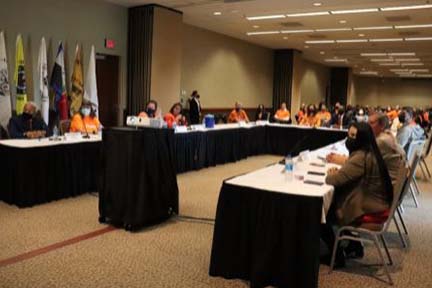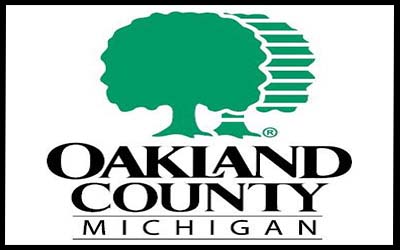
Whitmer Celebrates MI’s Strong Economic Growth

FOR IMMEDIATE RELEASE October 1, 2021 Contact: [email protected]
Gov. Whitmer Celebrates MI’s Strong Economic Growth, Third Highest in Nation
LANSING, Mich. — Governor Gretchen Whitmer today announced Michig
“As we emerge from the once-in-a-century pandemic, I am laser-focused on growing our economy and ushering in a new era of prosperity for our families, communities, and small businesses. Today’s numbers showing 8.3% GDP growth in the second quarter of 2021 prove that our efforts are working,” said Governor Gretchen Whitmer. “Thanks to our tireless efforts to beat back the virus and invest in our families, communities, and small businesses, Michigan has the third-fastest growing economy in the country. This week, I signed a bipartisan budget that delivers on the kitchen-table fundamental issues that matter most to Michiganders. The budget builds on the education bill we passed earlier this summer, which makes the largest investment in K-12 education state history without raising taxes. Looking ahead, we have an extraordinary opportunity right now to invest the billions in federal dollars we have received from the American Rescue Plan. Let’s keep that momentum going by continuing to put Michiganders first.”
Throughout the pandemic, Governor Whitmer worked alongside Republicans to pass historic economic relief packages to help support small businesses. The governor launched 23 economic relief programs and deployed nearly $240 million in small business relief across all 83 Michigan counties, supporting over 25,000 businesses and saving over 200,000 jobs.
“Under Governor Whitmer’s leadership, unemployment is down, surpluses are up, and thanks to the help of President Biden and the American Rescue Plan, Michigan is poised to exit the COVID-19 pandemic by making transformational investments that will leave the state stronger than when we entered it,” said Susan Corbin, director of the Department of Labor and Economic Opportunity. “Today’s GDP numbers show that our economic strategy is working, and we’ll continue to implement the governor’s MI New Economy plan – her vision for a stronger, more resilient and equitable state.”
At the Mackinac Policy Conference, Gov. Whitmer detailed her economic agenda, including the unveiling of the three pillars of her bold $2.1 billion MI New Economy plan to grow Michigan’s middle class, support small businesses, and invest in communities.
“This is great news for our state as we continue our strong economic recovery,” said Tim Daman, president & CEO Lansing Regional Chamber of Commerce. “This data supports the resiliency of our business community, workforce and strong economic climate.”
This week, the governor signed a budget that puts Michiganders first. It repairs 100 bridges, fully funds workforce programs putting 167,000 Michiganders on a tuition-free path to higher education or skills training, expands low or no-cost childcare to 105,000 kids and so much more.
In addition to the GDP numbers from the BEA, Michigan’s unemployment rate is below the national average and has been on a downward trajectory for the last 17-month period since May 2020. In the first quarter of 2021, personal income was up 19.1%, the fourth-highest nationwide. Both Moody’s and S&P improved the state’s credit rating outlook. And the state turned a projected $3 billion deficit into a $3.5 billion surplus. Michigan remains a top ten state to do business and still boasts the strongest |








